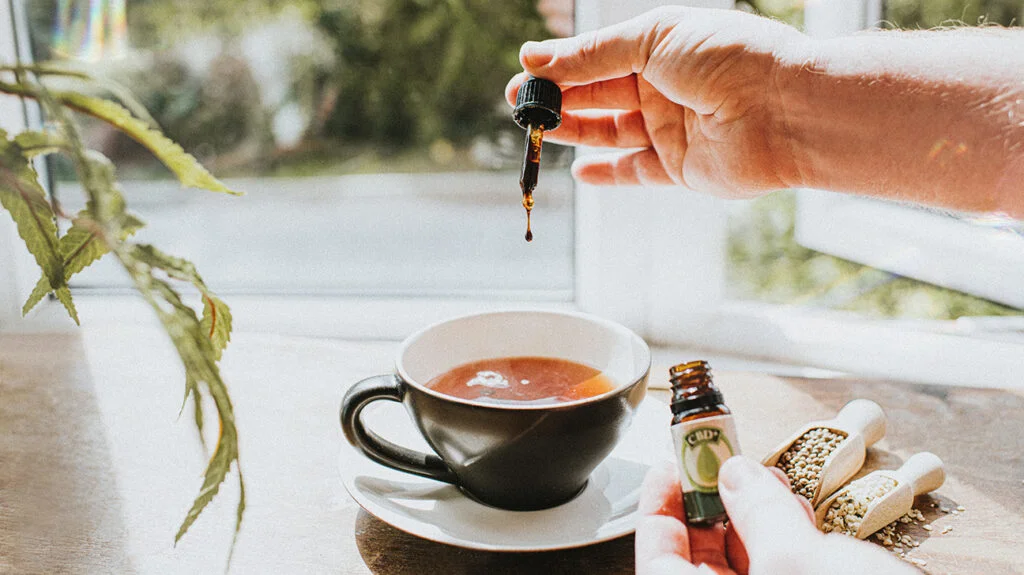Cannabidiol, or CBD, is a non-psychoactive compound found in the cannabis plant that has gained popularity in recent years for its potential health benefits. However, concerns have been raised about the addictive potential of CBD, particularly as it comes from the same plant as marijuana, which is known to be addictive. So, is CBD addictive? In this blog post, we will explore the research on CBD and addiction and what it means for those considering using CBD.
First, it’s important to understand that CBD is not the same as tetrahydrocannabinol (THC), the psychoactive compound found in marijuana that causes the “high” associated with marijuana use. CBD does not produce a high and has a different mechanism of action in the body than THC.
While THC is known to be addictive, research suggests that CBD is not addictive. A 2017 report from the World Health Organization (WHO) found that “CBD exhibits no effects indicative of any abuse or dependence potential.” Additionally, a 2018 study published in the journal Cannabis and Cannabinoid Research found that CBD did not produce any significant withdrawal symptoms in participants who stopped taking CBD after a period of daily use.
However, it’s important to note that more research is needed to fully understand the long-term effects of CBD use, including its potential for addiction. Additionally, CBD products can vary in quality and potency, and products that contain THC may have addictive potential.
It’s also worth noting that addiction is a complex issue that can be influenced by a range of individual and environmental factors. While CBD itself may not be addictive, it’s possible that individuals may develop problematic use of CBD or other substances for a variety of reasons, including mental health issues, social or environmental factors, or a history of substance abuse.
In conclusion, the current evidence suggests that CBD is not addictive. However, more research is needed to fully understand the long-term effects of CBD use and its potential for addiction. If you are considering using CBD, it’s important to talk to your healthcare provider and do your research to ensure that you are using a safe and effective product. Additionally, if you have a history of substance abuse or are experiencing problematic use of any substance, it’s important to seek help from a healthcare professional or addiction specialist.


